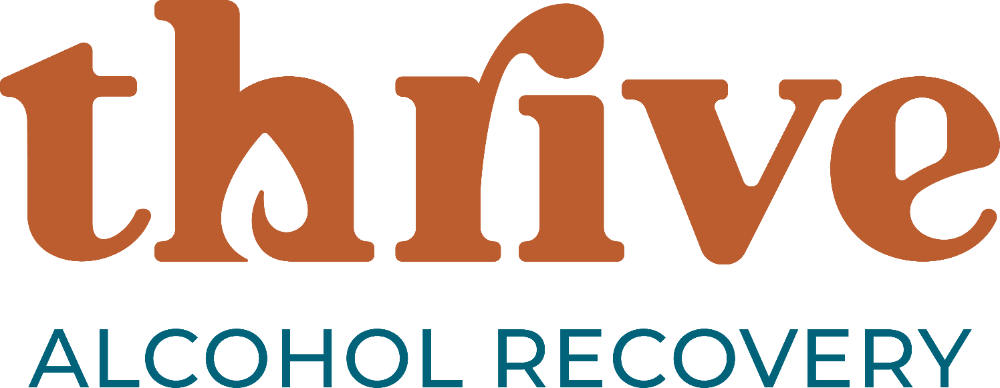How Long Should Naltrexone Be Stopped Prior to Surgery? Dr. Volpicelli Answers
Apr 18, 2024When undergoing medical procedures, managing medications is crucial, especially for those prescribed Naltrexone following the Sinclair Method for addiction treatment. Dr. Joseph Volpicelli, a renowned researcher and physician in addiction medicine, offers valuable insights on the appropriate timing for pausing and resuming Naltrexone in relation to surgery.
Pausing Naltrexone Before Surgery
Naltrexone is commonly used to help curb alcohol cravings and reduce alcohol consumption, but it must be carefully managed when surgery is impending, especially if opiate painkillers will be used. Dr. Volpicelli emphasizes individual differences in metabolism of naltrexone which can extend the duration Naltrexone remains effective. To ensure safety for all, Dr. Volpicelli recommends a 72-hour period without Naltrexone before elective surgery. This buffer ensures the drug is completely cleared from one's system, facilitating appropriate pain management during and after surgery.
Resuming Naltrexone After Surgery
Post-surgery, the question arises when to safely restart Naltrexone. For most patients, who are typically on short-term opiate pain management, it is safe to resume Naltrexone soon after these drugs are cleared from the body. A simple urine test can confirm the absence of opiates, signaling that it is safe to restart Naltrexone.
For those who have been on opiates for an extended period, Dr. Volpicelli advises waiting for a week to ten days after discontinuing opiates before restarting Naltrexone. This approach helps avoid exacerbating any potential withdrawal symptoms that could arise from longer-term opiate use.
Additional Important Considerations
It's important to be aware of the psychological impacts when transitioning off and on medications. Dr. Volpicelli notes that individuals who have been stable without cravings might experience a resurgence in the desire for alcohol when exposed to opiate pain medications. This is due to the activation of opioid receptors, which can inadvertently reignite old addictive behaviors. If alcohol cravings resume while on opiate pain medication, it's important that a patient wait to consume alcohol again until after they are cleared by their physician to restart naltrexone as part of their alcohol recovery journey.
The Role of Support Systems
Beyond medication management, Dr. Vopicelli highlights the critical role of psychosocial support in recovery. Effective support systems, like peer groups, coaches, or therapy, provide essential encouragement and accountability, which are instrumental in overcoming addiction. He advocates for the integration of such supports alongside medications like Naltrexone, whether it's administered daily, monthly, or through other regimens.
In conclusion, while medications like Naltrexone are powerful tools in managing dependencies, coordinating their use around surgeries requires careful planning. Dr. Volpicelli's guidance underlines the importance of personalized medical advice and robust support systems in navigating these challenges effectively. Remember, consulting with your own healthcare provider is crucial for making informed decisions about your health regimen.
Medical Disclaimer: This content is not for medical advice, diagnosis, or treatment. Consult a healthcare professional for any medical concerns. Do not ignore or delay seeking medical advice based on what you read here.







